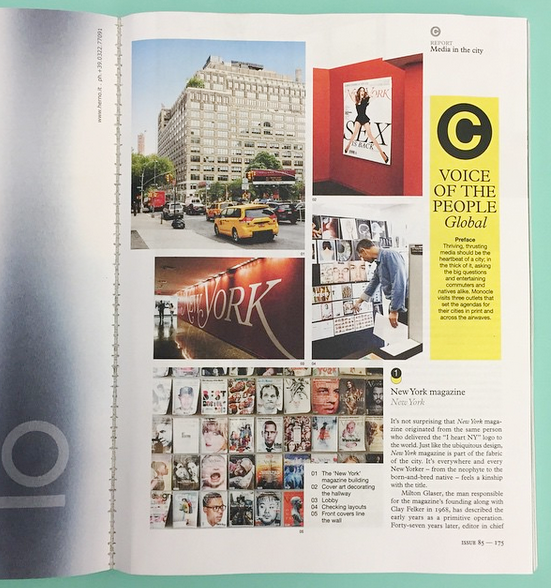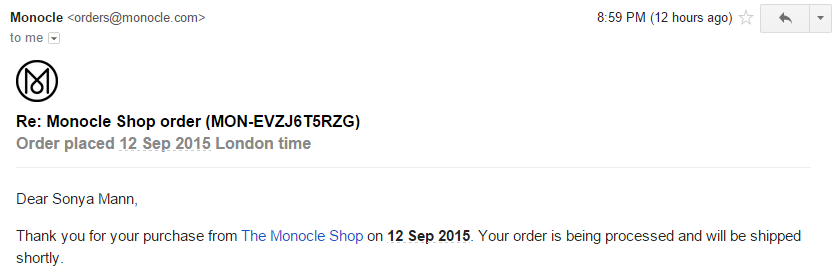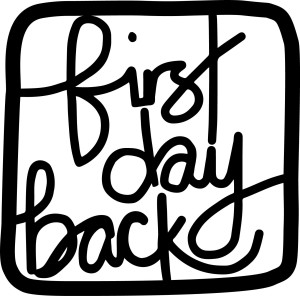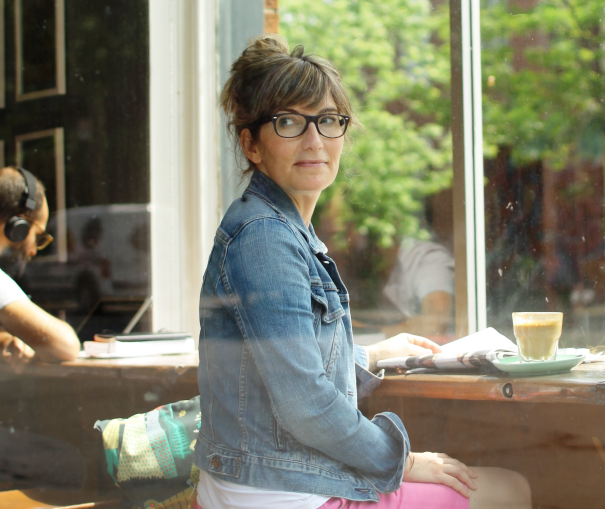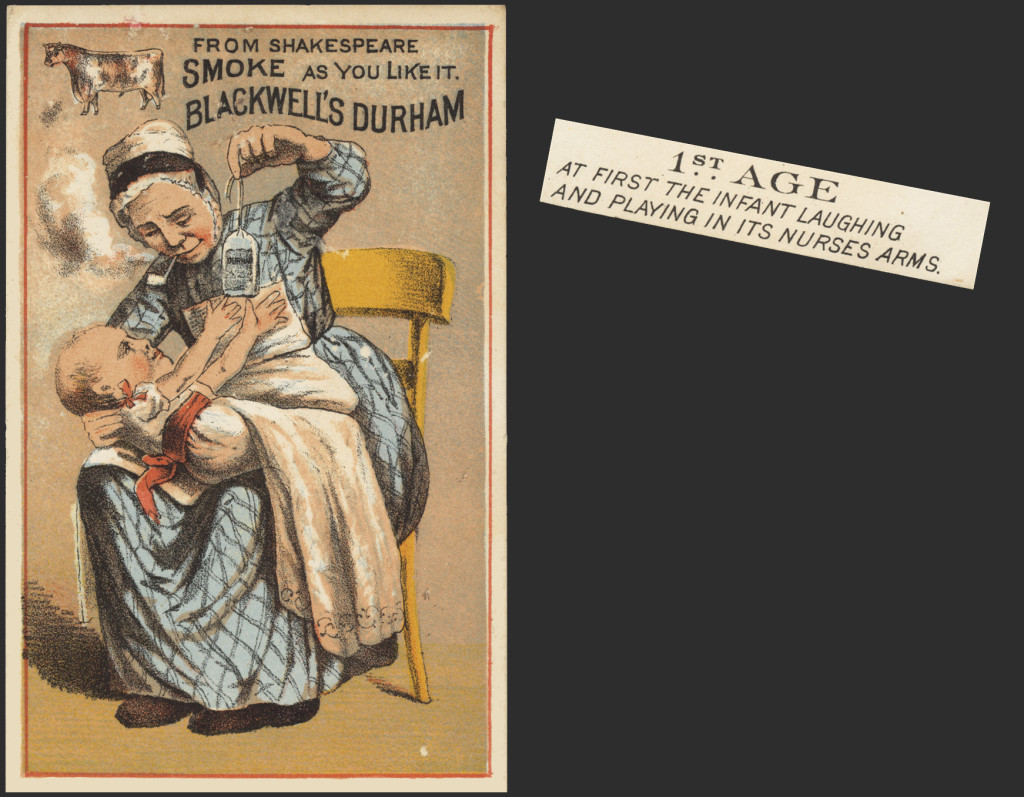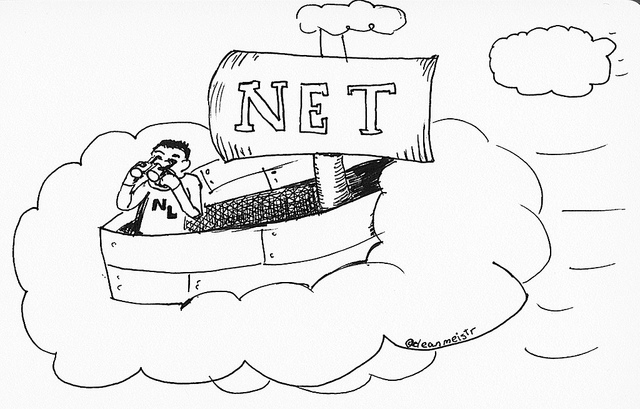Niceness is pragmatism.
Tech-culture podcast Exponent came back from its summer hiatus on the 6th. In the most recent episode, hosts Ben Thompson and James Allworth discussed Amazon’s work culture in reaction to that now-infamous New York Times article. Their conversation touched on the necessity of soft skills even in creative environments where solid ideas take precedence over everything else.
Successful companies set high standards and enforce them. They must! There is no other way to ensure excellence. Trade-offs are inherent to this arrangement — you can’t care profoundly about your professional results, work devastatingly hard to build something amazing, and still spend plenty of quality time with your wife and kids. The laws of physics forbid it — you can only be in one place at a time. If you’re at the office, then you’re not tossing a frisbee around in the backyard.
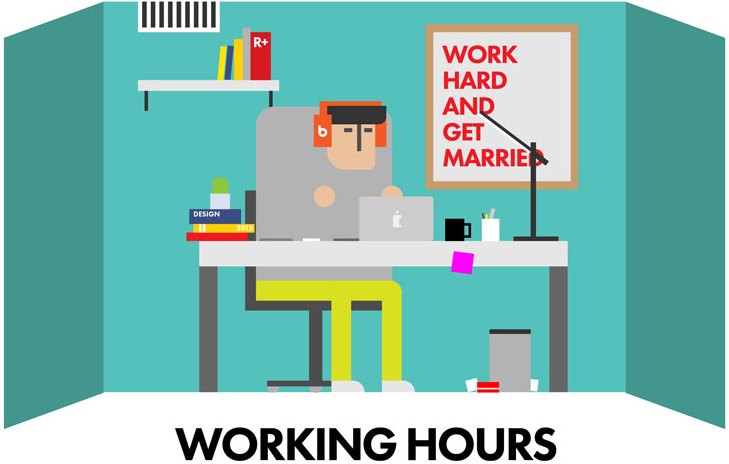
More crucially, competitive companies develop and cherish workplace cultures that demand people to identify and demolish subpar ideas. When you prop up bad suggestions to make their progenitors feel good, you guarantee a future of low-quality initiatives. Next stop, loss of market share! It makes sense that brilliant executives want to stamp out the impulse to be nice. Except wait, no, it only makes sense superficially.
Allworth called this attitude “the primacy of ideas”. He pointed out that brutal honesty about the merit of any proposition favors “thinkers” over “feelers”. We INTJs and the like are able to maintain some emotional distance, to take a step back and rationally examine feedback. (Which doesn’t mean we aren’t hurt by criticism — Thompson added that this type of person also views their work as their source of human value. If the output is deemed inferior, we judge ourselves very harshly.)
Allworth explained that a workplace culture hostile to people who prioritize relationships will end up being a monoculture, alienating the voices of potentially useful employees and limiting diversity of thought. Well… yeah. It will.
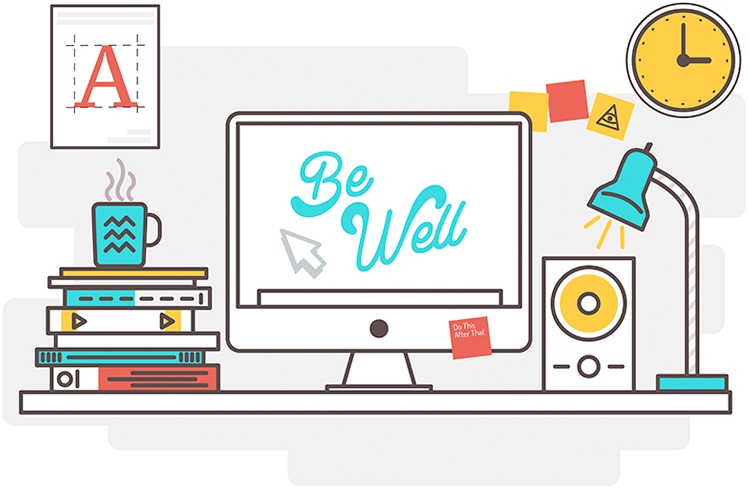
I’m probably reacting emotionally (ha) and not being fair to either Thompson or Allworth, but it was frustrating to listen while they grudgingly came to the conclusion that there’s value in being nice. I can’t help but think that only men would hash this out at length before tentatively agreeing that maintaining relationships is important. I even felt bitter while listening. It seemed like a classic example of “feminine” strengths being devalued, left invisible by default. Of course, the conversation’s outcome was better than if they had decided soft skills weren’t worth anything at all — but did it really need to be debated?
I’m an intellect-first, analytical kind of person. I’m also a woman, socialized to be nice and put up with a lot of nonsense from other people. Maybe the combination of those contradictory tendencies makes it easy to realize that you need to present information in a way that people find acceptable. Intellectual merit isn’t everything — in fact, it isn’t anything without soft skills. Smart people who can’t work with other people aren’t going to get anything done. (To be clear, this is something the Exponent hosts mentioned and agreed on.)

Of course, I went through the same personal-growth phase that Allworth and Thompson also discussed, aggressively wanting to be right and constantly believing that I knew best, before I realized that a good idea you can’t get anyone to buy into has the same results as a bad idea. That’s really my whole point here:
A good idea that you can’t persuade people to believe in is functionally the same as a bad idea.
Even famously brutal tech founders like Steve Jobs, Bill Gates, and Jeff Bezos had to figure out people-friendly ways to present their plans. We know this happened in part because otherwise Apple, Microsoft, and Amazon wouldn’t be iconic companies.
Luckily, collaborators can give each other straightforward feedback without being cruel. Thompson and Allworth do it on the podcast all the time! (More on this in an upcoming review of Ask a Manager blogger Alison Green’s book Managing to Save the World.) I think that’s why I was so frustrated — the necessity of niceness, or at least courtesy, seems utterly obvious, even if only based on their own dynamic. I don’t think the topic shouldn’t have been mentioned — here I am mentioning it at length — but I wonder why the conclusion surprised them.
